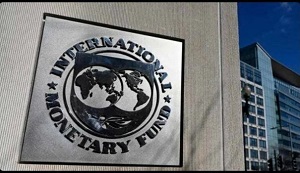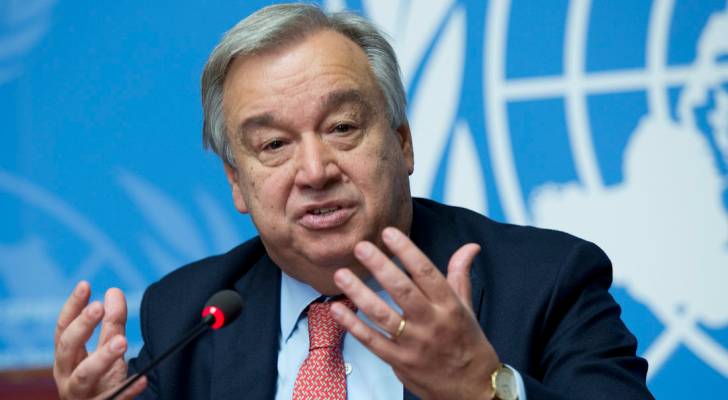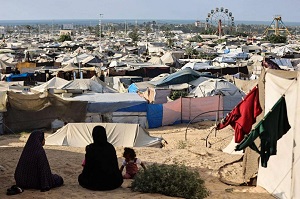IMF mission begins with 4th review of Jordan's economic programme

The Jordan Times
The IMF mission will hold discussions starting Sunday with the ministries of finance, water, labour, industry and trade, and other ministries, as well as senior officials from the government and the Central Bank of Jordan (CBJ), as the mission is likely to conclude its discussions within two weeks.
The success of the fourth review of Jordan's IMF-supported programme is expected to result in a new disbursement of SDR 97.784 million (around $134 million).
The IMF's Executive Board in June concluded the third review of the programme with the Kingdom, allowing the government to disburse immediate funding of around $134 million to support its national economic programme.
This progress comes within the framework of the four-year agreement, which was approved in January 2024, and has a total value of about $1.3 billion, equivalent to 270 per cent of Jordan's share in the Fund.
Including the $1.3 billion, the Kingdom's total amount received under this agreement reached $595 million by the end of June.
The board also approved a new financing programme with Jordan under the Resilience and Sustainability Facility (RSF), which will allow the Kingdom to access financing of some SDR 514.65 million, equivalent to $700 million or 150 per cent of Jordan's share in the fund.
The new programme, which extends for 30 months, aims to support the Kingdom's efforts to address long-term challenges, especially in the water and electricity sectors, and to boost its capacity to deal with future health emergencies, including pandemics.
The reforms agreed under the programme focus on four main pillars: enhancing financial sustainability and energy efficiency in the energy sector, improving financial sustainability and resource management in the water sector, boosting the resilience of the financial and public financial sectors, and enhancing pandemic preparedness.
The IMF stressed that Jordan's programme is "firmly" on track, reflecting the authorities' commitment to coherent macroeconomic policies and structural reforms aimed at enhancing resilience, accelerating growth and creating jobs.
Jordan's economy grew "stronger than expected" in 2024 at 2.5 per cent, and is expected to continue to improve gradually in the coming years thanks to the continuation of policies and the implementation of reforms.
The IMF noted that inflation in the Kingdom is "still" low and stable, and that the CBJ's reserves have exceeded the barrier of $20 billion by the end of 2024, with stability in the current account and an expected deficit of about 6 per cent of GDP.
The IMF pointed out that the government is continuing efforts to gradually control public spending, with the aim of reducing public debt and opening the way for increasing the necessary social and investment spending.
It also praised the developments of reform in the business environment and the labour market, especially with regard to expanding opportunities for women and youth, Al Mamlaka reported.




